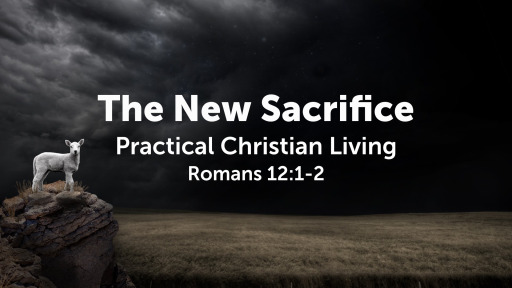Finding Your Place

Introduction
Big Idea: We are all parts of a greater whole.
The Right Perspective
Goldfish Slide
The Right Position
The Right Priority
Bill Gothard illustrated all these gifts, I think, wonderfully. He just imagined a dinner party. And, the dessert is being served, and the dessert slips off the tray. Let me show you how all these different gifts would work together. The person who has the gift of prophecy might say, “You know, that’s what happens when you’re not careful.” A person who has the gift of mercy says, “Hey, hey, don’t feel bad. That could’ve happened to anybody.” The person who has the gift of service says, “Here, let me help you to clean it up.” The person who has the gift of teaching says, “Well, you know, it fell because it was too heavy on one side.” The person who has the gift of exhortation says, “Hey, let’s serve the dessert next time with the meal.” The person who has the gift of giving says, “I’ll buy a new dessert.” The person who has the gift of administration says, “Jim, you get a mop. Sue, please help to pick it up. Mary, you go fix some more dessert.” Now look—all of that just happens in the church. You see, all of those are needful; all of those are necessary; all of those are valid.